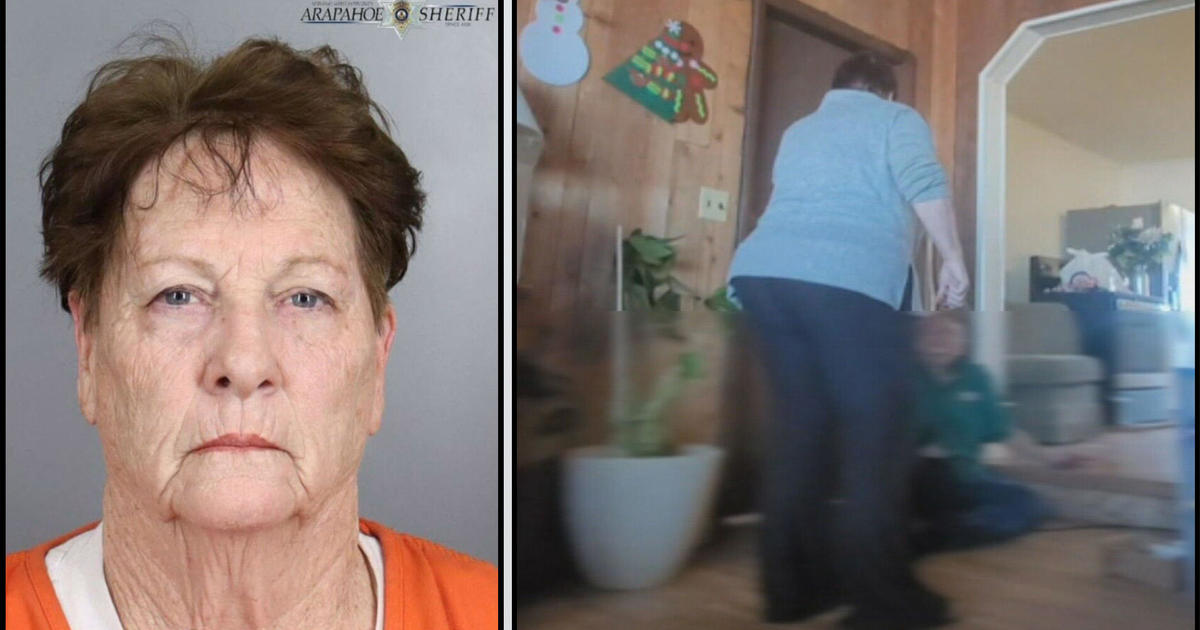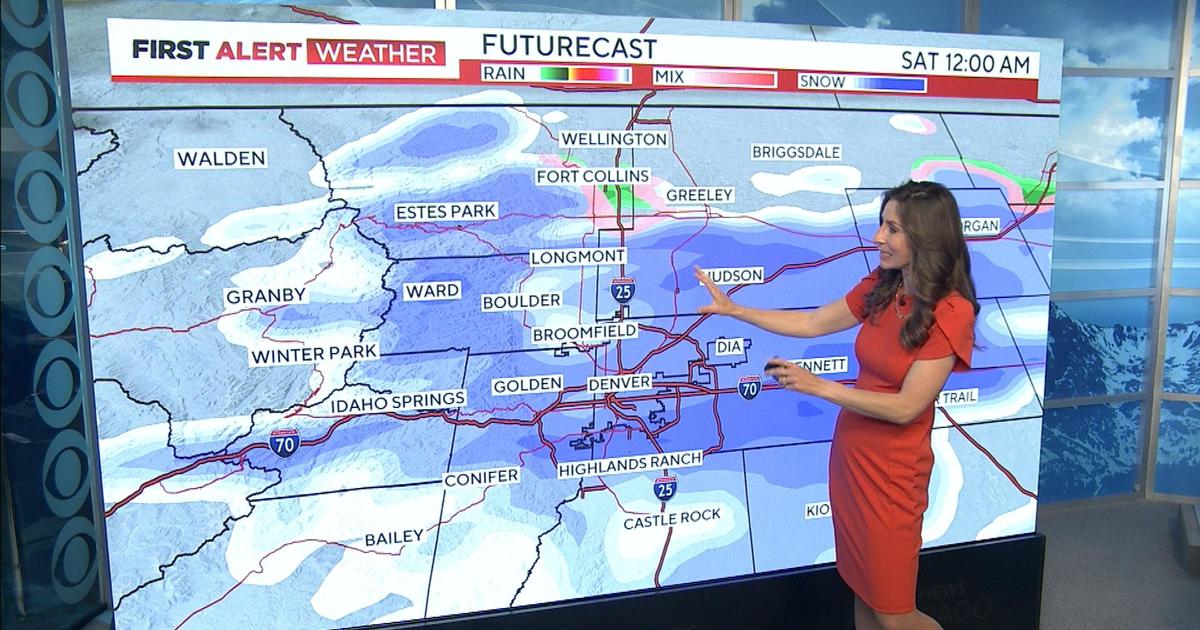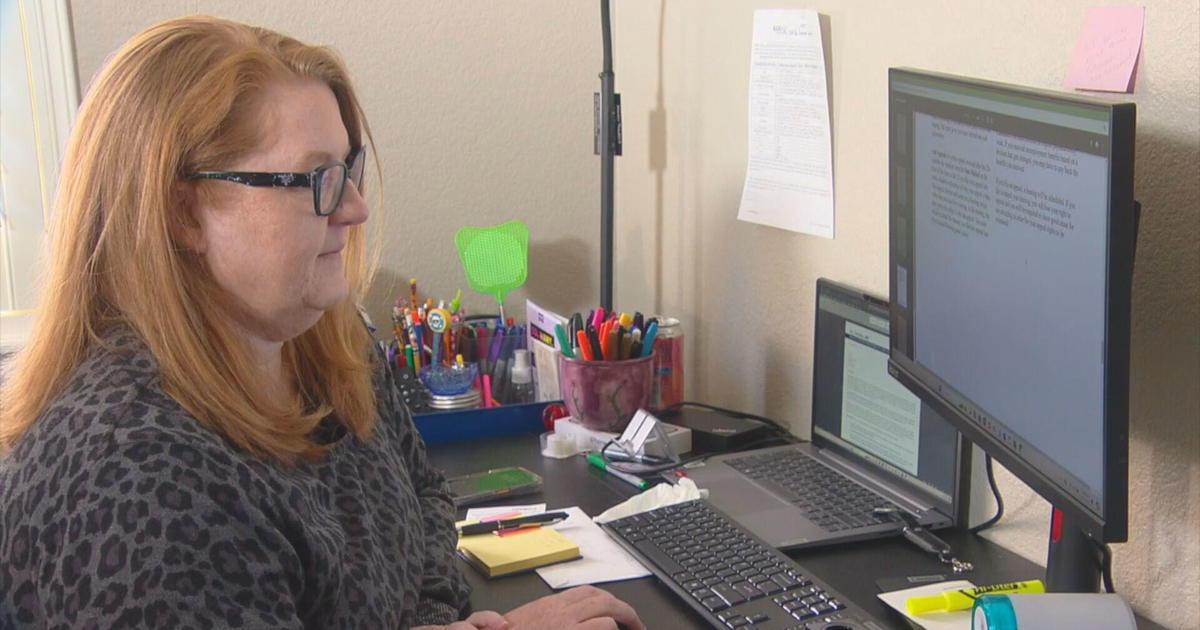What The Health Department Tells Us Doctors
When there is a large-scale public health issue, how do we doctors know what to look for, and what to do if we see something?
After all, an event like the flood leaves us with a situation we havent dealt with before-- and it's important that we get timely information that we can pass on, or use to make the right decisions.
Our Health Department does a great job helping medical professionals in an emergency such as now-- here is what the State sent me yesterday, so I had the information I needed to work with those who have been exposed to the ravages of flooding.
The information is reassuring.
HEALTH ALERT NETWORK BROADCAST
MESSAGE ID: 09162013 11:10
FROM: CO-CDPHE
SUBJECT: HAN Advisory – Potential Flood-related Illnesses- Reporting, Testing and Management
RECIPIENTS: Local Public Health Agencies/IPs/Clinical Labs/EDs/ID Physicians
RECIPIENT INSTRUCTIONS: Local Health Public Health Agencies – please forward to healthcare providers if appropriate for your area
HEALTH ADVISORY
Potential Flood-related Illnesses- Reporting, Testing and Management
September 16, 2013
****Health care providers: Please distribute widely in your office****
KEY POINTS:
- Widespread outbreaks of infectious disease after floods are not common in the United States.
- Consider laboratory testing for GI pathogens if the patient reports 3 or more days of diarrhea, any bloody diarrhea, diarrhea plus a fever, or if there are other concerns.
- Report any cluster of illnesses to your local public health agency or CDPHE and counsel patients who are ill with GI symptoms to stay home from work, child care or school and to not prepare food for others until at least 24 hours after diarrhea and/or vomiting have resolved.
- No change from routine vaccination recommendations is being made.
- Continue to counsel patients about avoiding mosquito bites, and consider the diagnosis of West Nile virus infection, as recent weather conditions may prolong the typical West Nile Virus transmission season.
BACKGROUND INFORMATION:
The Colorado Department of Public Health and Environment (CDPHE) is releasing the following information about the potential for infectious disease outbreaks following the floods that occurred statewide in Colorado.
Although infectious diseases are a frightening prospect, widespread outbreaks of infectious disease after floods are not common in the United States. Rare and deadly exotic diseases, such as cholera or typhoid, do not suddenly break out after hurricanes and floods in areas where such diseases do not naturally occur.
Common gastrointestinal (stomach) and respiratory (breathing) ailments are more likely after natural disasters because clean drinking water may be hard to find and maintaining basic hygiene becomes more difficult. Some common misconceptions exist about disease outbreaks after a flood. The following key facts provide clarification:
- Outbreaks of infectious diseases following floods are rare in developed countries (such as the United States).
- Numbers of short-term, self-limiting gastrointestinal illnesses and respiratory infections sometimes increase in developed countries. However, numbers of communicable diseases (including gastrointestinal and respiratory illnesses as well as cholera and typhoid) more typically do not increase in either developed or developing countries.
- Unless a disease is brought into a disaster area from elsewhere, any outbreaks that occur are almost always from diseases that were already in the disaster-affected area before the disaster struck.
- Because cholera and typhoid are not commonly found in the U.S., it is very unlikely that they would occur.
- Local public health agencies will be contacting hospital emergency departments to monitor for unusual increases in infection.
RECOMMENDATIONS / GUIDANCE:
Gastrointestinal illness
The risk of gastrointestinal illness depends on the type and the duration of exposure to the sewage. Infection with a wide range of bacteria, viruses and parasites is possible.
CDPHE recommends the following for patients presenting with gastrointestinal illness (i.e. diarrhea and/or vomiting):
- Consider laboratory testing for GI pathogens if the patient reports 3 or more days of diarrhea, any bloody diarrhea, diarrhea plus a fever, or if there are other concerns. Obtain stool for bacterial pathogens (Campylobacter, Salmonella, Shigella, Shiga toxin-producing E. coli, and Vibrio) and parasites (Cryptosporidium and Giardia). When ordering the tests, clinicians should ensure the laboratory will test for all the pathogens listed. For example, 'ova and parasite' testing often does not include Cryptosporidium testing.
- Report any cluster of illnesses to your local public health agency or CDPHE as this could represent an outbreak.
- Counsel patients who are ill with gastrointestinal symptoms to stay home from work, child care or school and to not prepare food for others until at least 24 hours after diarrhea and/or vomiting have resolved.
- Vaccination
Immunization Recommendations for Persons Affected by Floods
Although no specific vaccinations are recommended for flood events, providers should assure that recommended vaccinations are up to date. By staying up to date with vaccinations, everyone is better prepared for emergencies, such as floods.
Tetanus immunizations:
Routine recommendations for tetanus should be followed. A tetanus-diphtheria (Td) booster is recommended for all adults every 10 years. A tetanus-diphtheria-pertussis (Tdap) booster should replace one regular Td dose to provide pertussis protection.
Any adult who has not had the primary series of Td doses should complete the series.
Children should have completed their recommended diphtheria-tetanus-pertussis (DTaP) doses of four shots between 2 months and 18 months of age, and booster shots at 4 to 6 years of age and 11 to 12 years of age.
There is no indication for the following vaccines given the anticipated conditions in the region:
- Hepatitis A vaccine is not routinely given post flood (low probability of exposure, even under these conditions, in U.S.) No transmission from contaminated water has been identified in the U.S. since the 1980's. Hepatitis A outbreaks have not occurred following other hurricanes or floods in other parts of the country, including the devastating hurricanes in Florida and Gulf Coast in recent years. Thus, even though the water and sewage systems are damaged or out of operation in many areas, the risk of a hepatitis A epidemic is extremely low. Vaccine will take at least one to two weeks to provide substantial immunity.
- Typhoid vaccine (low probability of exposure, even under these conditions, in U.S.)
- Cholera vaccine (low probability of exposure, even under these conditions, in U.S., plus no licensed cholera vaccine available in the U.S.)
- Meningococcal vaccine (no expectation of increased risk of meningococcal disease among emergency responders)
Mosquito-borne illness
Continue to counsel patients about avoiding mosquito bites, and consider the diagnosis of West Nile virus infection, as recent weather conditions may prolong the typical West Nile Virus transmission season.
Leptospirosis
Although uncommonly seen in humans in Colorado, animals may be infected and flood waters may be contaminated by urine or other animal tissues capable of transmitting this infection to humans. The incubation period ranges from a few days up to a month and patients typically present with sudden onset of fever, headache, chills, and severe myalgias.




